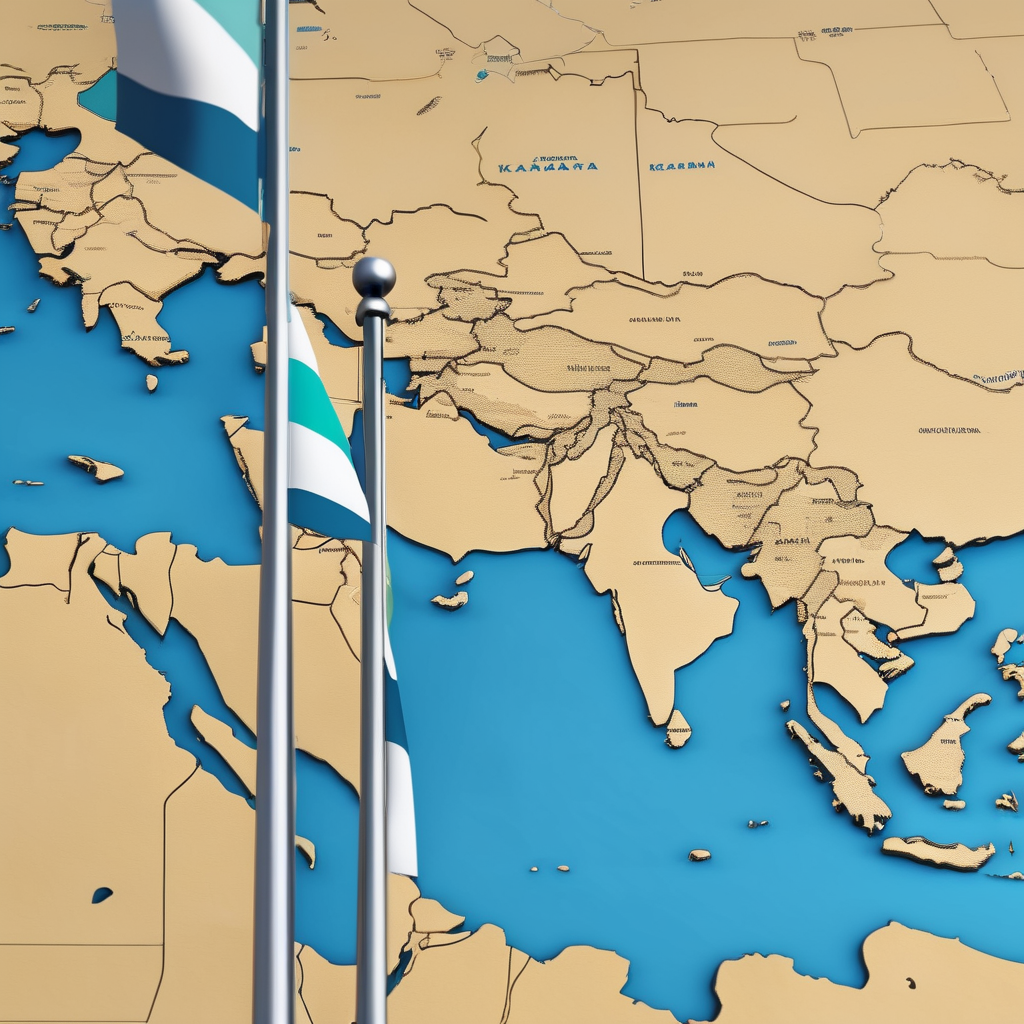U.S. President Donald Trump announced on Thursday that Kazakhstan is poised to join the Abraham Accords, a pivotal initiative aimed at normalizing relations between Israel and a number of Muslim-majority nations. This decision emerged from discussions involving Trump, Israeli Prime Minister Benjamin Netanyahu, and Kazakhstan’s President Kassym-Jomart Tokayev. The move underscores the ongoing efforts by the U.S. to bolster diplomatic relationships in Central Asia.
In a post shared on Truth Social, Trump conveyed his optimism regarding the forthcoming formal Signing Ceremony, indicating that additional nations are expressing interest in joining this “club of STRENGTH.” While Kazakhstan already maintains diplomatic and economic ties with Israel, its formal inclusion in the accords is primarily a symbolic act that reinforces existing relationships rather than establishes new platforms for cooperation.
The announcement was made during a meeting at the White House, which brought together Trump, Tokayev, and leaders from other Central Asian countries. This gathering highlights America’s strategy to expand its influence in a region that has historically been dominated by Russia and is increasingly appealing to China.
U.S. special envoy Steve Witkoff mentioned plans to return to Washington for the announcement, with hopes of invigorating the Abraham Accords amidst the ongoing tensions arising from the Gaza war. Trump has consistently pushed for the expansion of these accords, which initially began with the UAE and Bahrain in 2020 and later included Morocco. He remains hopeful that regional heavyweight Saudi Arabia could soon join, depending on advancements concerning Palestinian statehood.
Previous discussions have also indicated that other Central Asian nations, including Azerbaijan and Uzbekistan, could potentially follow Kazakhstan in becoming a part of the accords. This reflects a growing trend toward regional cooperation that includes Israel. However, the present humanitarian crises in areas such as Gaza present challenges to these diplomatic efforts, as countries seek avenues towards peace amid ongoing conflict.
Kazakhstan’s potential participation in the Abraham Accords represents a significant and positive shift in Middle Eastern diplomacy, aiming to unite nations through dialogue and economic partnerships. This development signifies a broader commitment to fostering stability and cooperative relationships in a region often marked by turmoil, paving the way for lasting peace and mutual benefits.
